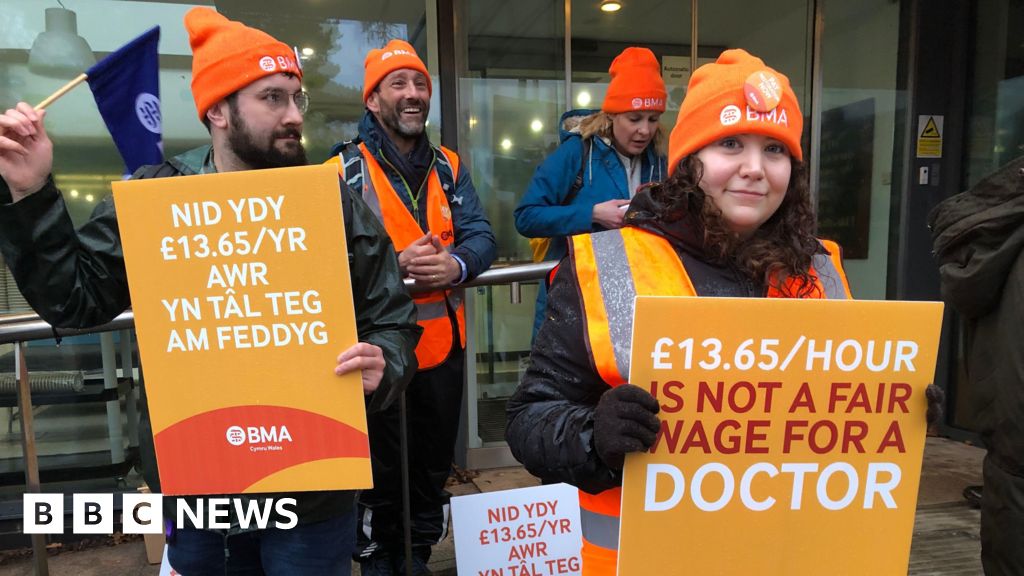Governor DeSantis welcomes new death penalty law with two-thirds majority

Governor Ron DeSantis is celebrating Florida’s new death penalty law, which relies on a two-thirds majority, as a success after the jury recently made two non-unanimous recommendations.
Last week, a Lee County jury voted 9-3, 10-2 to recommend the execution of convicted double murderer Wade Wilson.
The next day, a Highlands County jury voted 9-3 to recommend the execution of Zephen Xaver for a massacre at a SunTrust Bank in Sebring in January 2019.
“This is not a question of whether they are guilty or innocent.”
DeSantis began pushing for the new law after the Parkland school shooter escaped the death penalty.
“You need a unanimous jury, and it should be when guilt is beyond a reasonable doubt,” said Governor Ron DeSantis.
The governor introduced a bill last year that would allow a jury by a qualified majority (8 to 4 votes) to recommend the death penalty.
“If you’re not willing to impose that punishment when it’s appropriate, then you shouldn’t be able to deny justice just because a juror had that opinion. I think that’s what happened in the park,” DeSantis said.
Maria DeLiberato, executive director of Floridians for Alternatives to the Death Penalty, believes Wilson’s case could test Florida law.
“This is going to take decades,” DeLiberato said. “When (Wilson) was arrested, unanimity was the law. And then they basically changed the rules in the middle of his trial.”
If there is one consistent thing about Florida’s death penalty laws, it is inconsistency.
In 2016, the US Supreme Court overturned the death sentence against Timothy Lee Hurst. He had been found guilty of killing a co-worker with a box cutter in a fast-food restaurant in Pensacola in 1998.
A judge imposed the death penalty after the jury made a 7-5 recommendation.
The state legislature then passed a bill allowing a 10-2 jury recommendation, but the bill was overturned by the state Supreme Court.
From 2017 onwards, unanimous jury decisions were required.



